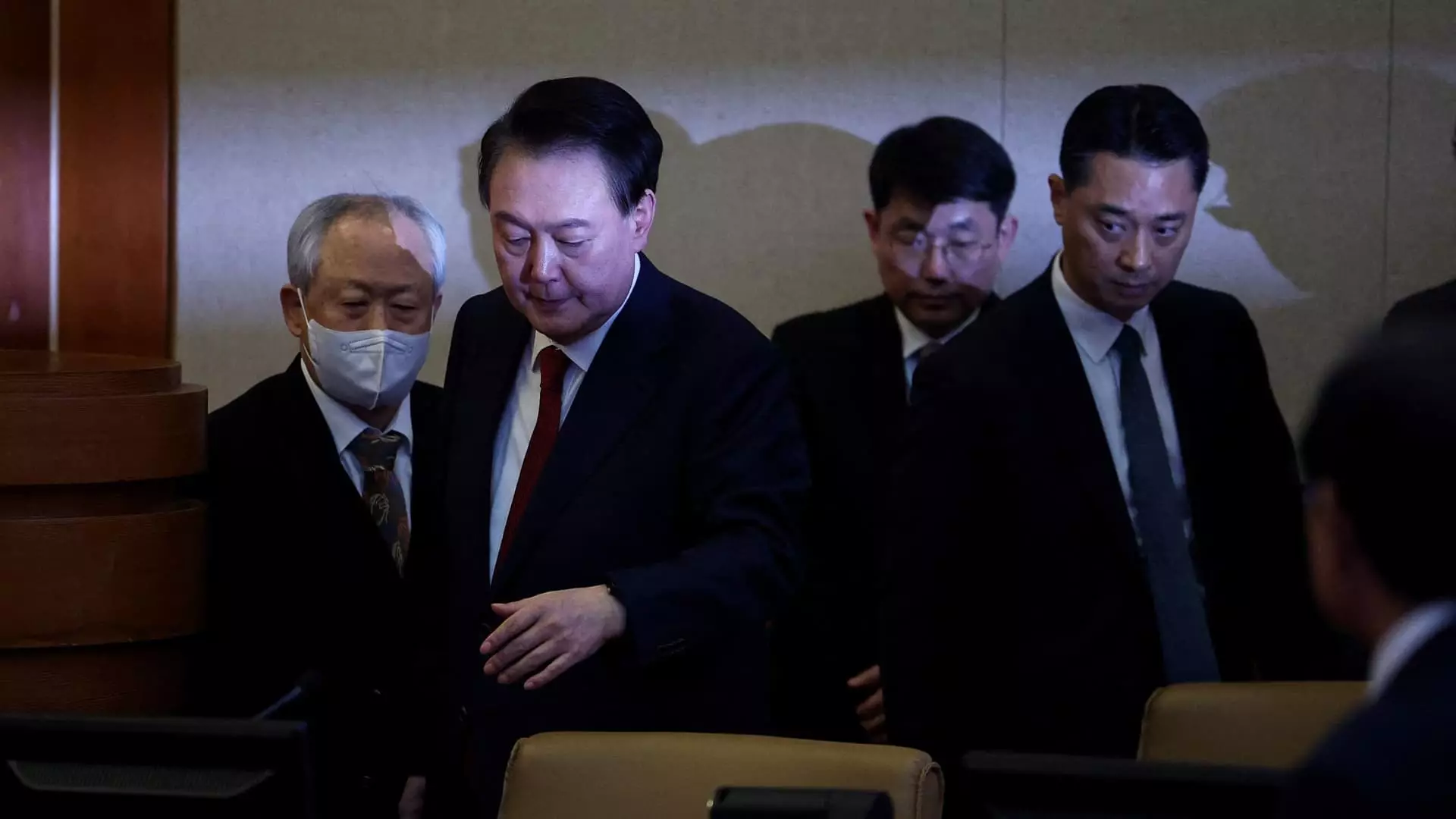The recent ruling by South Korea’s Constitutional Court to uphold the impeachment of President Yoon Suk Yeol is more than just a legal decision—it’s a bold affirmation of democratic principles in action. In a unanimous vote, the Court rejected Yoon’s controversial martial law declaration, asserting not only the rule of law but also the power of the people to check executive overreach. This moment serves as a crucial reminder that in any democracy, the Constitution reigns supreme, and no leader is above accountability. In an era where authoritarianism is on the rise globally, South Korea’s judiciary has taken a stand for liberty and governance by consent.
The Reckless Imposition of Martial Law
Yoon’s late-night declaration of martial law was an affront to democratic norms and a stark reminder of the crisis of leadership that many countries face. Citing threats from “North Korean communist forces,” the President pulled a page from an outdated playbook, evoking fears to justify undemocratic moves. This isn’t merely a matter of political strategy; it’s an indictment of a leader whose decisions have been characterized by panic rather than prudence. The militarization of political discourse in a country with a long history of authoritarian rule raises alarm bells about the future. By claiming a “national crisis” that the Court found non-existent, Yoon showcased a dangerous precedent that could echo through South Korea’s political landscape for years.
The Economic Fallout and Public Sentiment
While the economic implications of Yoon’s impeachment are already surfacing—with the Kospi experiencing a slip and fluctuations in other markets—the broader public sentiment tells a more compelling story. The past few months have been characterized by growing disillusionment among citizens, disillusioned not only by Yoon’s leadership but also by the political climate that so easily fostered such a drastic move. The reinstatement of Prime Minister Han Duck-soo as acting president may provide a momentary calm, but it is also an indication of the will of the people to seek leaders who respect the democratic process rather than subvert it.
The Road Ahead for South Korea
As the nation moves toward a new presidential election within the mandated 60-day window, the challenges are immense. The electorate must sift through the wreckage of Yoon’s presidency and determine the type of leadership they desire moving forward. Additionally, South Koreans must engage critically in the political discourse that has shaped their nation. This new phase is not just about filling the presidential seat; it’s about rebuilding trust in governance, restoring faith in democratic institutions, and safeguarding freedoms that are too often taken for granted.
This moment in South Korean history serves as an urgent call to action for both policymakers and citizens alike. It is an opportunity to collectively ensure that the abuses of power witnessed under Yoon Suk Yeol are not repeated, and to prioritize policies that reflect empathy, accountability, and a true commitment to the democratic ideals many have fought hard to uphold.


Leave a Reply